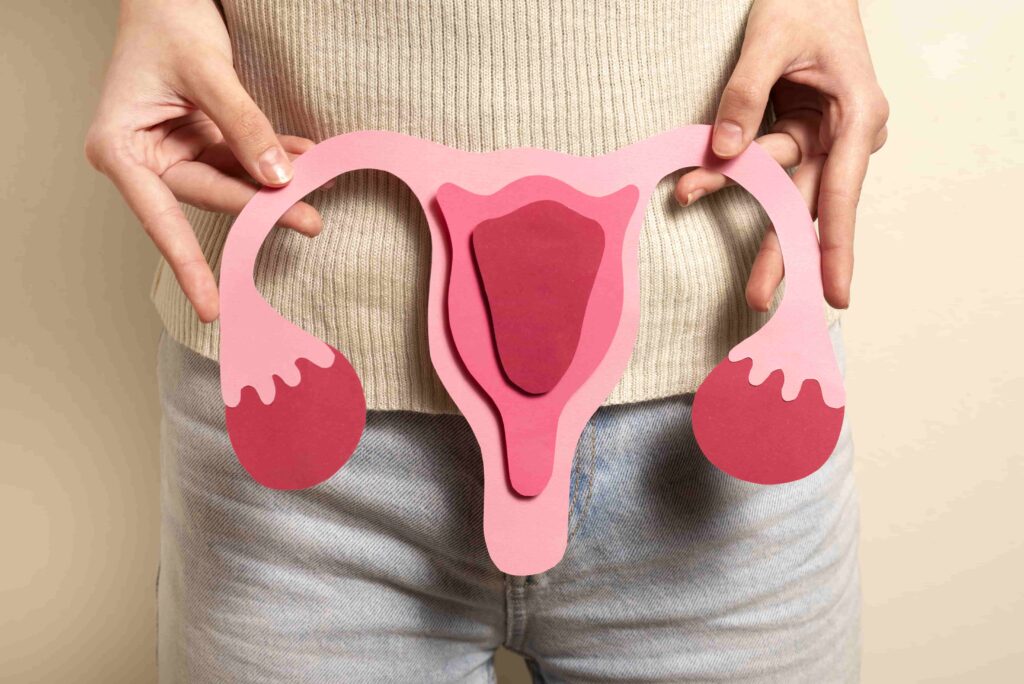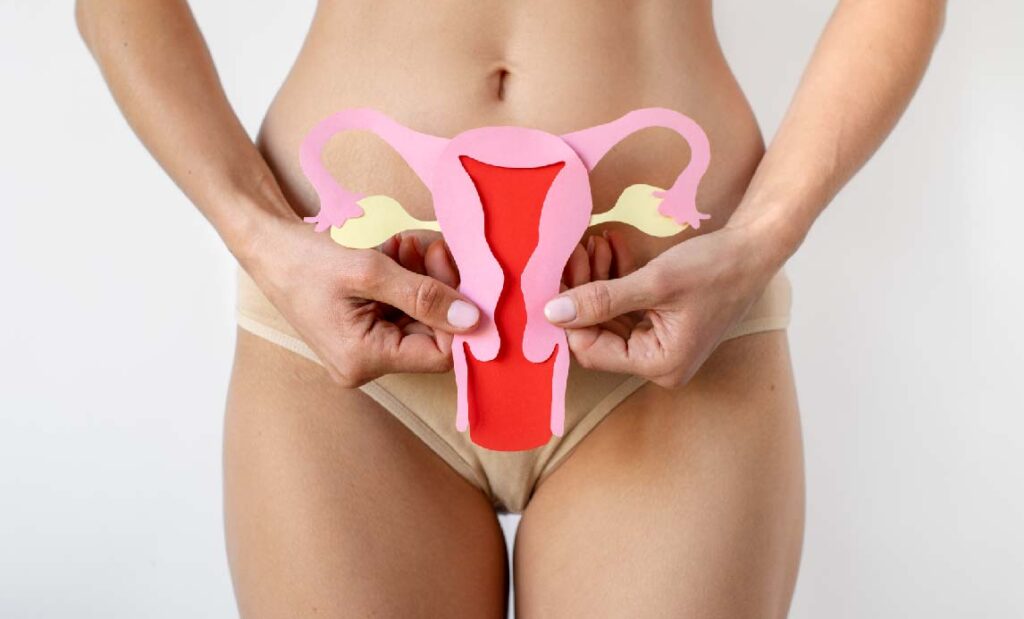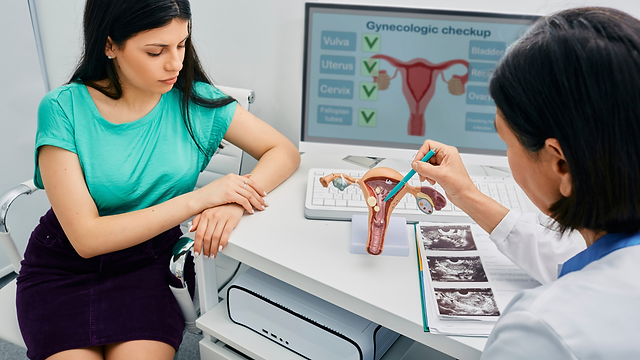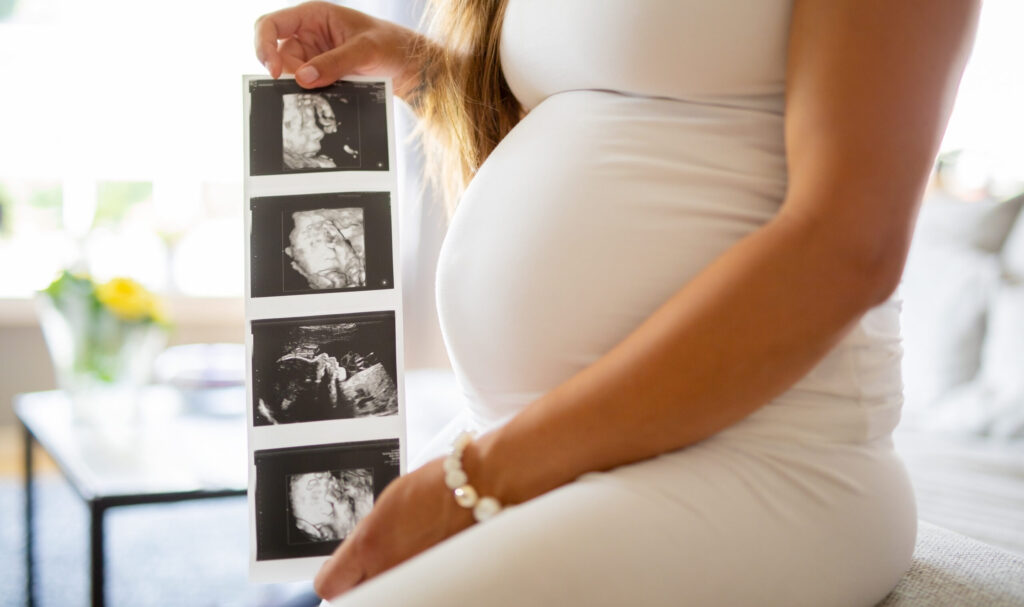Introduction:
Experiencing heavy bleeding during periods is a concern many women face, often leading to the question: “Why does this happen to me?” Known medically as menorrhagia, heavy menstrual bleeding can impact daily life and may be a sign of underlying health issues. This article delves into the possible reasons behind heavy menstrual bleeding and how to address them effectively.
Understanding Menorrhagia:
Menorrhagia is characterised by abnormally heavy or prolonged menstrual bleeding. While it’s normal for menstrual flow to vary from woman to woman, menorrhagia is diagnosed when blood loss is excessively heavy or periods last longer than seven days.
Common Causes of Heavy Menstrual Bleeding:
- Hormonal Imbalances: Imbalances in estrogen and progesterone levels can cause the endometrium (lining of the uterus) to develop excessively, leading to more blood loss during menstruation.
- Uterine Fibroids: These noncancerous growths in the uterus wall often appear during childbearing years and can cause heavier or prolonged menstrual bleeding.
- Polyps: Uterine polyps are small, benign growths on the lining of the uterus and can lead to increased menstrual bleeding.
- Endometriosis: This condition, where tissue similar to the lining of the uterus grows outside the uterine cavity, can result in heavy bleeding.
- Adenomyosis: This occurs when the tissue that lines your uterus begins to grow into the muscular walls of the uterus, often causing heavy, painful periods.
- Medical Conditions: Certain medical conditions like thyroid problems, blood clotting disorders, and liver or kidney diseases can cause heavy menstrual bleeding.
When to See a Gynaecologist:
If you’re experiencing heavy menstrual bleeding, it’s important to consult a gynaecologist. They can determine the cause and recommend appropriate treatment, which may include medications, hormone therapy, or in some cases, surgery.
Lifestyle and Home Remedies:
While medical treatment is paramount, certain lifestyle changes can help manage symptoms. These include regular exercise, maintaining a healthy weight, and using a menstrual cup or high-absorbency pads during heavy flow days.
Conclusion:
Heavy menstrual bleeding shouldn’t be a silent burden. Understanding its causes and seeking professional advice are the first steps towards effective management. Our team at our London clinics in Belgravia and Dulwich is here to support you with expert care and personalised treatments.






